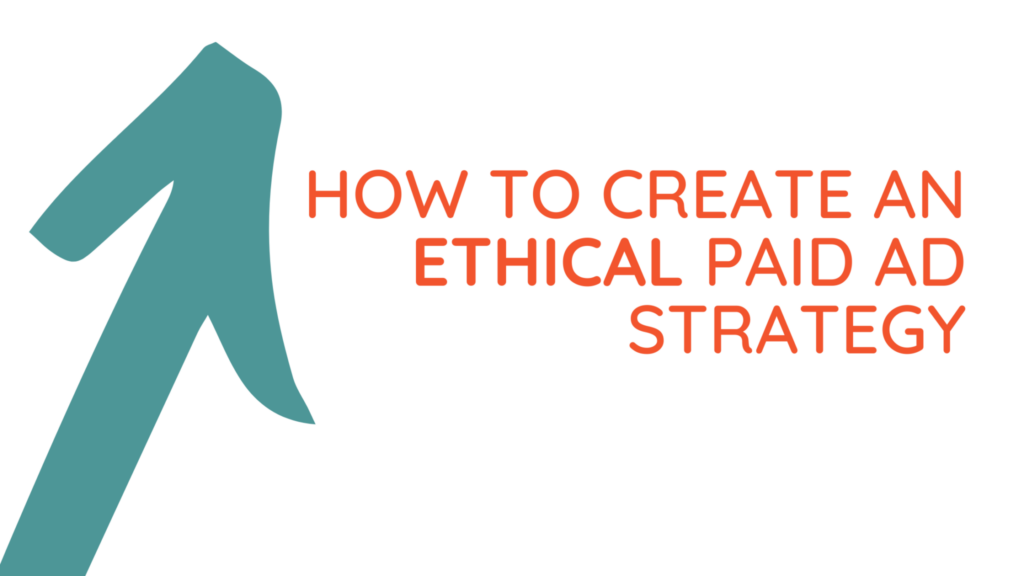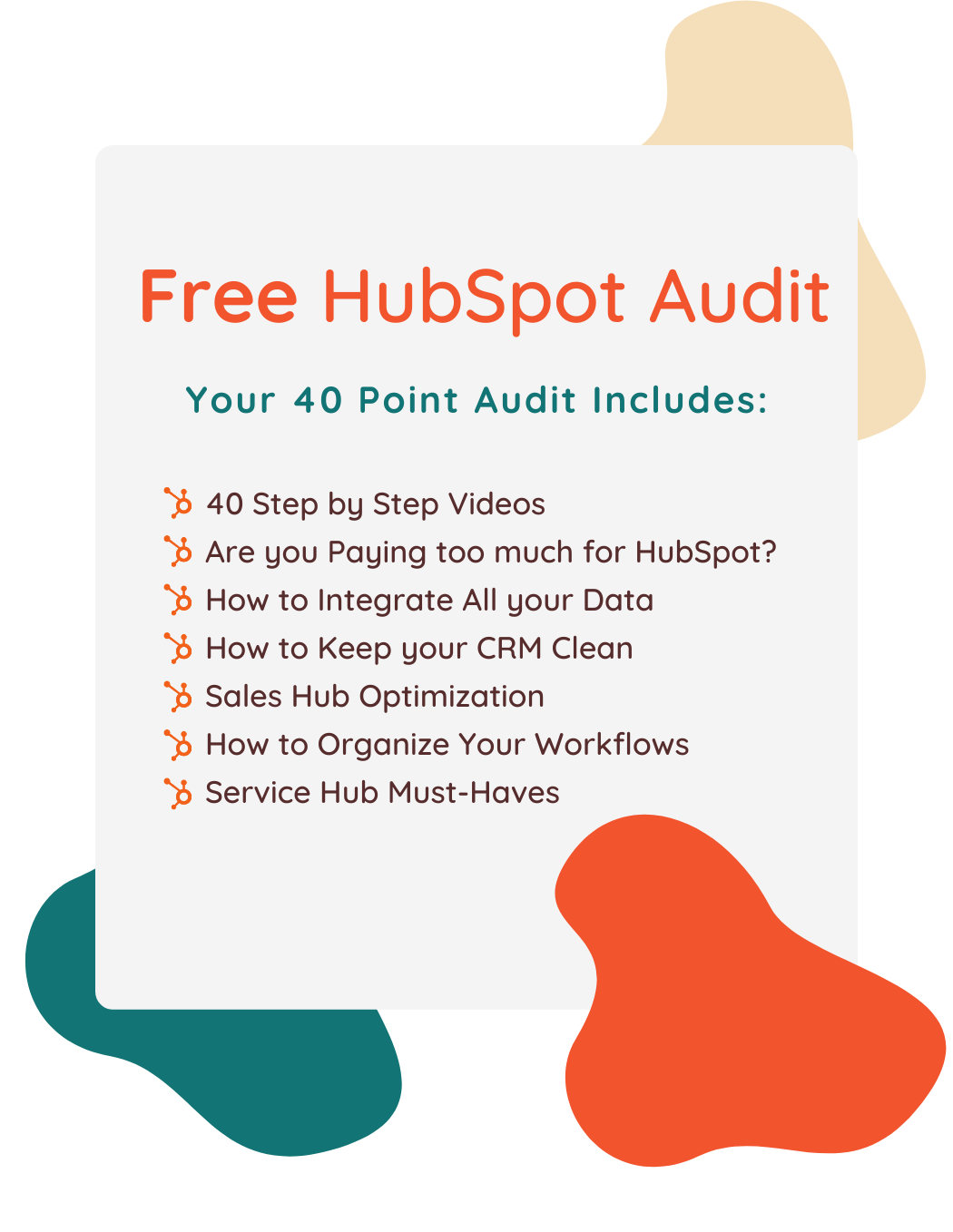How to Create an Ethical Paid Ad Strategy

Written by
Good Team
Created on
September 13, 2021
Whether your goal is to build trust with customers or simply to avoid legal trouble, it’s important to have an ethical paid ad strategy. To prioritize ethics, you should consider principles like transparency, fairness, honesty, and social responsibility.
Think of marketing as helping your audience, not deceiving them. You don’t want to yank them in, just point them in the right direction. Fortunately, paid social ads come in many forms, making it easier to accommodate your ethics.
Why You Need Ethics
As we mentioned previously, keeping things ethically above-board helps build trust and avoid legal issues, but there are numerous other benefits to an ethical paid ad strategy. For example:
- Building strong customer relationships
- Developing a positive reputation
- Avoiding backlash
Building Strong Customer Relationships
In an era where activism is becoming increasingly important to the average consumer, people want to feel they’re making a difference with their purchasing choices. In other words, they don’t want to buy things from companies crossing lines. To appeal to these consumers, you need to demonstrate your ethics at every level, including marketing.
Moreover, people want transparency and authenticity. If you’re caught trying to sweep something under the rug, it can spell big trouble for your bottom line. You especially don’t want to deceive your audience into thinking you’re selling something you’re not. If you don’t deliver what you promised, then your customers won’t come back.
Developing a Positive Reputation
Not only will that customer fail to return, but they also won’t recommend your brand to their friends—they may even recommend avoiding it. Developing a negative reputation is catastrophic for any small business, and even causes problems for larger businesses.
When you employ proper ethics, you’re increasing the likelihood your customers will have a positive experience with your company. This will lead to converting customers to brand ambassadors, putting momentum into your sales cycle.
Moreover, your ads will likely perform better when you employ ethics. The average consumer is savvy to what looks shady and what doesn’t. If you’re sticking to your ethics, consumers will notice and be more inclined to click on your ads.
Avoiding Backlash
While this isn’t as much of a problem for trillion-dollar multinational corporations, it can quickly spiral out of control for small businesses. If you’re caught doing something unethical with your marketing strategy, people will talk about it and avoid purchasing from your company. If you’re dependent on a specific community or niche market, this can spell big trouble.
The best way to avoid this backlash is simply to avoid doing anything warranting backlash. Ethics are what help you stay on the straight-and-narrow.
Examples of Ethics to Follow
Though many of your ethical guidelines will be specific to your company’s beliefs, there’s a few ethical guidelines which hold true almost universally. These include…
- Being honest.
- Being original.
Being Honest
Advertising ethics mostly builds on honesty. This includes advertising accurately and including links which lead where they say they will. Unfortunately, there are many advertisers on the internet who hold no scruples about getting clicks any way possible.
Inaccurate Ads
Sometimes you make mistakes and there’s nothing wrong with that, but if your ads are inaccurate on purpose, that’s a major ethical violation. Avoid advertising products you can’t supply or lying about what your product does. This includes implications and lies by omission.
Inaccurate Links
For an effective ethical paid ad strategy, your links should only take your leads to the places they say they will. Do not send people who click on your ads to a destination page for something unrelated to your ad.
Not only is this important for moral reasons, but it’s also a way to avoid being penalized. If the website hosting your ad finds out it leads somewhere other than it says, then they’ll consider it a fake ad and take it down.
Clickbait
One of the most common dishonest ad types is called clickbait. Clickbait is when advertisers use hype and misleading headlines to convince people to click on their ads. This usually includes shocking and misleading headlines, and/or outlandish promises. These ads are definitely not made by someone seeking an ethical paid ad strategy.
To avoid making clickbait ads, just focus on the truth. Instead of saying “Shocking! This new skin cream literally reverses aging!” just say “Moisturizing anti-wrinkle cream.”
Being Original
In other words: don’t plagiarize other ads. Not only is plagiarism unethical and illegal, but it will also cause more harm than good. Today’s market prioritizes originality; you need to stand out to be successful. If your ads look like someone else’s, then you’re less likely to set yourself apart from the crowd.
Your advertising’s effectiveness depends on uniqueness. When you’re marketing yourself, you need to focus on what makes you different. When you copy a competitor’s ad copy, you’re doing the exact opposite.
In Conclusion
Ethics aren’t just about feelings, they’re also grounded in practicality. To lose sight of ethical principles is to lose business, so it’s important to stick to the truth in your ethical paid ad strategy.
We know it’s tough to find a digital marketing agency that’s trustworthy. If you need marketing that’s helpful and ethical, Good Team is here for you! Feel free to reach out to us to schedule a free 7-minute call to discuss your marketing needs.
Get Your Free DIY 40-Point HubSpot Audit with Videos!

